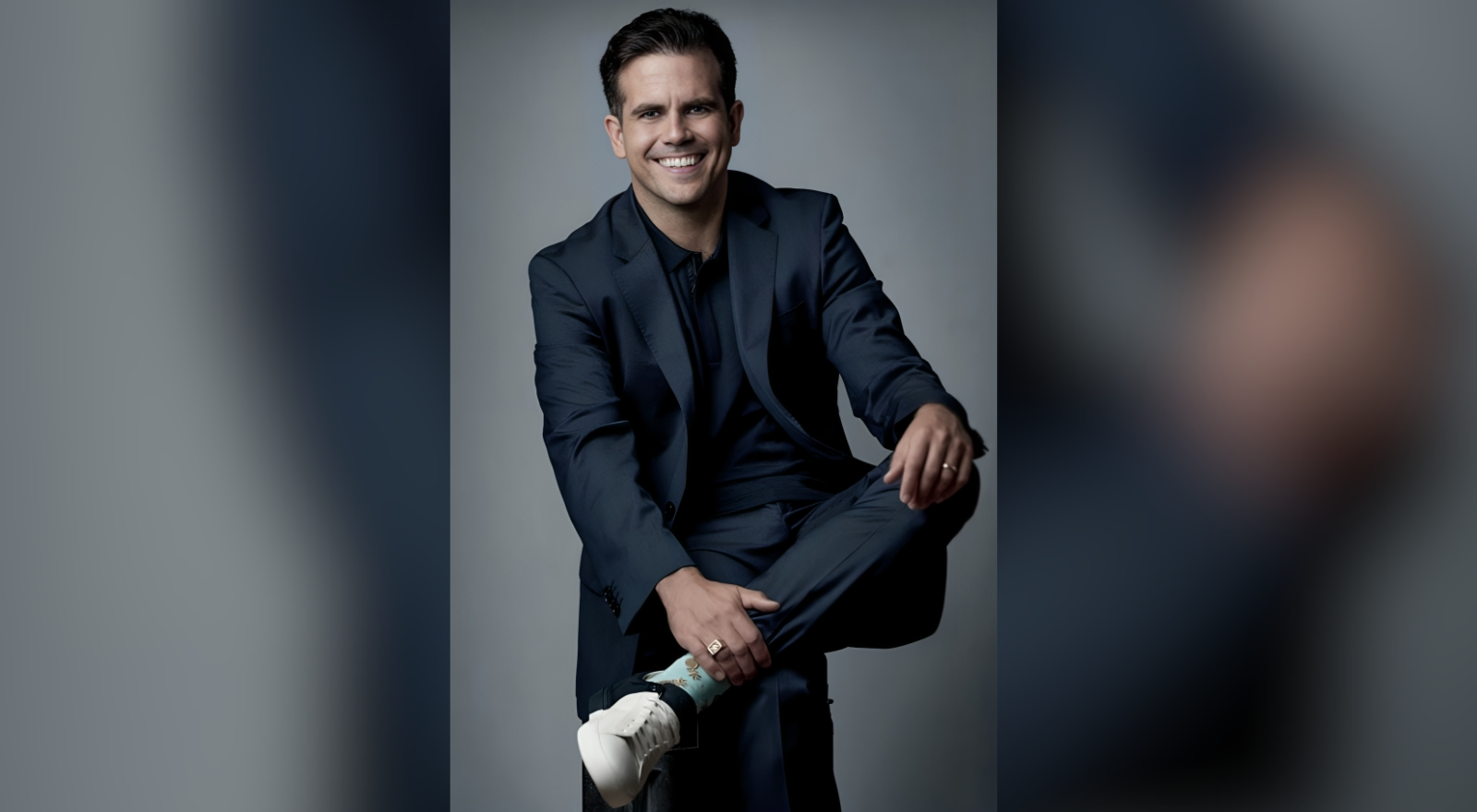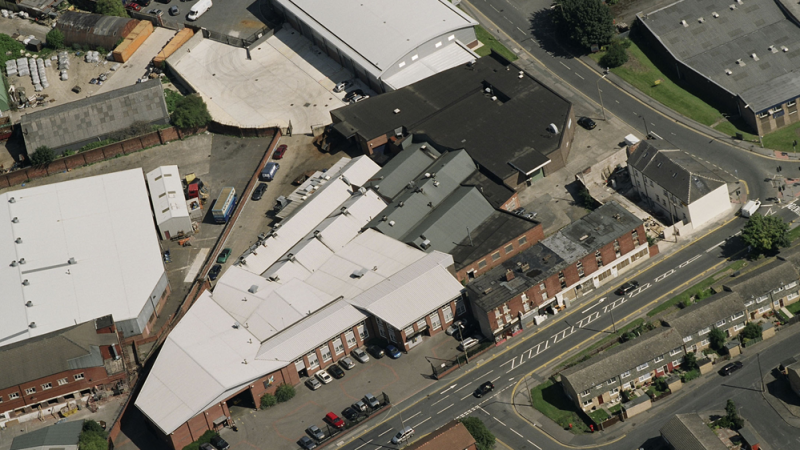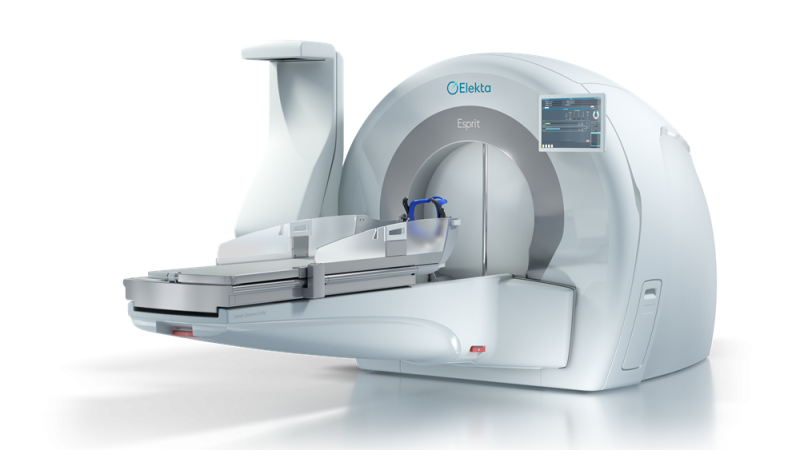Ricardo Rossello is a renowned research scientist, professor, author, and political leader, having served as Governor of Puerto Rico from 2017-2019. He is currently the Chief Vision Officer of the Regenerative Medicine Institute (RMI Health), leading cutting-edge research on the molecular processes of disease and aging. He teaches courses in crisis leadership at George Mason University in Fairfax, VA, drawing on lessons he learned steering Puerto Rico through numerous fiscal crises and reforms, as well as one of the biggest natural disasters in U.S. history, Hurricane Maria. These lessons and more stories from his life appear in his newly released bestselling memoir, The Reformer’s Dilemma and the Need for a Radical Middle.
__________________
Q: Thank you for joining us today, Dr. Rossello. Your new memoir got a lot of press this summer, mainly around an anecdote about former President Donald Trump and some comments on nuclear war. What led to that exchange, and what is the broader scope of the book?
RICARDO ROSSELLO: It’s my pleasure to be here. I started the journey of writing my book as a self-reflective process and an exploration of the challenges to reforms based on my own experiences. It evolved into something bigger and more pressing; the dangers of political extremism and the need to empower what I’ve termed the “Radical Middle” – the vast majority of us who want our political leaders to focus on serving the interests of the people they represent, not on winning petty media battles that drive citizens apart. I include a story about then-President Trump’s visit to Puerto Rico following the devastation of Hurricane Maria. It illustrates why – love him or hate him – he is a political phenomenon and something of the symptom of the current divide. While flying over the damaged areas in a helicopter, the former President remarked that nature always has a way of coming back – until it doesn’t. He then referred to the unknowns of nuclear warfare, and he said something very chilling – he said that if nuclear war happens, we won’t be second in line pressing the button. My experiences with the former President were illuminating in many ways, but this cavalier statement on nuclear war, which would of course cause utter devastation, was something that I thought the public deserved to hear, especially in this election year. There are many other such anecdotes on the President throughout the book.
The larger purpose of the book is to ignite a conversation about achieving meaningful change and bridging divides that are created to serve powerful interests and prevent that kind of change from occurring. I see extremism as a behavioral trait that needs to be directly confronted in the political discourse if we have any chance of moving forward with the kinds of reforms we need to thrive as a society. I want to encourage future leaders to reshape the world through reasoned dialogue and clarity of purpose, not political resentments.
Q: You were famously both the youngest governor in the U.S. when you were elected at age 37, and the only Governor with a Ph.D. You were a scientist before you were a politician, and your focus has always been on stem cell research and fighting diseases. Tell us about your current role as the Chief Vision Officer with the Regenerative Medicine Institute.
RICARDO ROSSELLO: Sure. RMI Health is focused on developing regenerative technologies and treatments to tackle the root causes of aging and age-related diseases. Notably, we do research and clinical work with Stem Cells and other promising cell therapies. We combine these techniques with lifestyle interventions that are based on a patient’s “bio-blueprint” for longevity. Third-party validation from True Diagnostics has demonstrated that our patients outperform in both healthspan and lifespan, the biological aging of healthy individuals. It’s exciting work, and I truly believe that advances in longevity research, like the kinds we’re engaged in creating, will revolutionize the human lifespan and our perception of what our bodies are capable of. We’re working to extend the health span of our patient’s lives, not just the lifespan. We want to maintain a quality of life that extends well beyond current expectations.
Q: What do you see as the future for longevity research?
RICARDO ROSSELLO: It’s evolving so rapidly, and I feel privileged to be at the vanguard of this revolution at RMI Health. When I was doing my PhD, Shin’ya Yamanaka was able to reverse an adult cell into an embryonic stem cell – effectively reverting the aging process within the cell. This is still a ways away from becoming a clinically applicable result, but it opens the question: If we can turn the clock back on a cell, can we do it for a full living organism?
I believe that when the World Health Organization classified aging as a disease in 2022, as something that can be treated – that caused a paradigm shift in how we think about aging and age-related diseases. It opens us all up to the possibilities of novel therapies and treatments, and I think that openness will cause dramatic transformations.
I’m excited to say that my father, Pedro Rossello, is one of our original patients, and his results have been incredible. He’s shown a nearly 28% improvement over the baseline for people of his age, which was 79 at the time of testing. At one point, he was second globally in the Rejuvenation Olympics. We want to see him and all of our other patients spend less time dying, and more time in their later years maintaining a happy, healthy lifestyle.
Q: That’s great that you’re seeing the benefits in your own family. Tell us about your new foundation, the Ricardo Rossello Nevares Foundation. What are your goals for this venture?
RICARDO ROSSELLO: One of the great privileges of being a Governor is the ability to continue the work you truly care about through foundation initiatives. When I was writing my memoir, I had these kinds of initiatives in my mind and I was able to clarify a lot of what I wanted to accomplish. I want to focus on creating and cultivating the Radical Middle, a space where citizens can be empowered through science-based policies and community-driven initiatives, and that importantly rejects the extreme’s behavioral trait. Notice that ideas that might seem extreme are not what we are challenging. These might have their value on either end of the spectrum. What we target and want to create is a rejection of the dogmatic, soft-thinking, demagogic behavior that produces very little for society.
We want our democracy to be inclusive and effective, to address the clear societal challenges we have and to uplift the vulnerable among us. One of the main reasons I got into politics was to advocate for statehood for Puerto Rico. I believe that our status is an outdated relic of colonialism, and it’s long past time for us to join the United States with full representation as a state. The people of Puerto Rico want this, and it’s a big part of why I became the first directly-elected official, meaning by write-in vote, in Puerto Rico’s history, when I became a Congressional Delegate. In this capacity, I’m focused on creating that dialogue and the conditions for statehood, a status that is long overdue.







